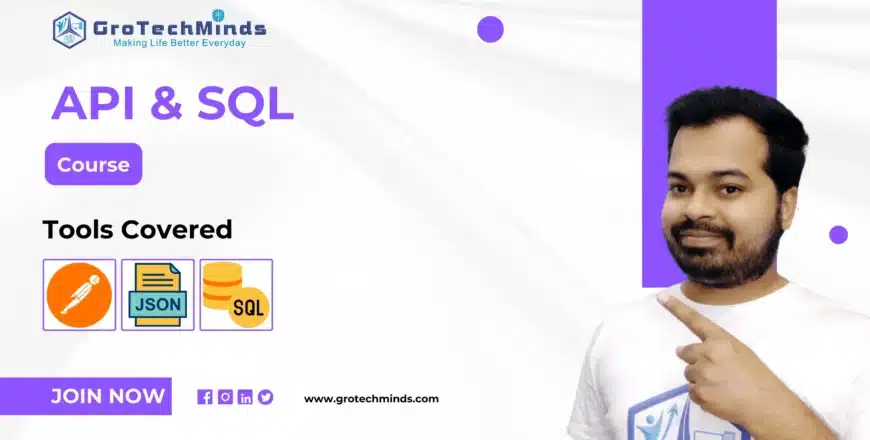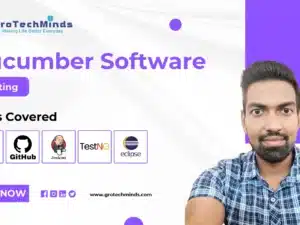API and SQL
- Description

7:30PM - 9:00PM IST
8:30AM - 10.30AM IST
API Testing with SQL Overview
API Testing with SQL Outcome
- Understand the foundations of automation testing and its role in the software development process.
- Learn about the Cucumber framework and its application in behavior-driven development.
- Understand the Gherkin language, which Cucumber uses to write feature files.
- To define test scenarios, create feature files using the Gherkin syntax.
- Integrate Cucumber with Jenkins to provide continuous integration and automate the test execution process.
- Extend your tests to include several browsers and guarantee cross-browser functionality.
- Create detailed and useful reports with Cucumber reporting tools.
- Analyze test results to find areas for improvement.
API Testing with SQL Course Features
- In depth Curriculum
- Expert Instructors
- Interactive Learning
- Weekly Tests
- Feedback and Assessment
- Real time Projects
- Continuous Support
- ISO Certification
- Mock Interview
- Unlimited Placement Support
What is API?
What is API Testing?
Why is an API needed?
How does API play an important role in 2 diff applications?
Why do we need a Postman?
What is a Postman tool? POSTMAN installation
3 layer architecture of API
What is the relationship between client and server?
What all things your request should consist of?
HTTP methods available in API
HTTP status code in API
What is Curl?
In what different way your developer will give you an API?
How to identify a bug while doing api testing?
DIfferent type of Request body format? XML,JSON?
How to validate your response body?
How to make sure your request and response are proper?
Postman app walkthrough on Request ,response,Collection,Environment Variables?
How to import an API collection?
Writing API Test Scenarios and Test Cases?
How to execute API Test Cases?
How to raise a bug of api?
What is the difference between REST and SOAP API?
1.Introduction to Database
• What Is a Database?
• Why do we need Database?
• Practical examples of Database?
• What is SQL?
• What is a Database Management System (DBMS)?
• What is a Relational Model ?
• Introduction to RDBMS
2.Data Integrity
• What is data integrity?
• What is the use of data integrity
• What are Data Types ?
• What are Constraints?
1. Not Null
2. Primary Key
3. Foreign Key
4. Check
5. Unique
3.Statements in SQL
• Data Definition Language (DDL)
• Data Manipulation Language (DML)
• Transaction Control Language (TCL)
• Data Control Language (DCL)
• Data Query Language (DQL)
Software mysql server installation
• Installing and set up of software
• We will be working on mysql server
When to use following
• From
• Where
• Group By
• Having
• Order By
Operators
• Comparison operators
• Logical operators
• Special operators
Working With Files
• How To Write Data To A File
• How To Read/Write A Excel Files
• How To Read/Write A JSON Files
• How To Read A Text Files
Functions in SQL
Max ()
Min ()
Sum ()
Avg ()
Count ()
upper()
lower()
rank()
dense_rank()
Sub Query
• Introduction to Sub Query
• Problems on subquery
• Query Writing and Execution on DBMS practical class
• What Is Join?
• Types of Joins.
• Outer Join syntax and queries in DBMS
• Self-Join syntax and queries in DBMS
• Left Outer Join syntax and queries in DBMS
• Right Outer Join syntax and queries in DBMS
• How to join 2 tables and 3 tables?
• Queries and Examples
Data Definition Language (DDL)
• Create
• Rename
• Alter
• Truncate
• Drop
Data Manipulation Language (DML)
• Insert
• Update
• Delete
Transaction Control Language (TCL)
• Commit
• Save point
• Rollback
Data Control Language (DCL)
• Grant
• Revoke
Normalization
• Introduction to Normalization
• Types of Normal Forms
• Examples
Difference between SQL and MYSQL
Resume preparation and Points to be mentioned in the Resume
- Beginners in software testing
- Quality assurance professionals
- Software developers interested in testing
- Anyone looking to start a career in software testing


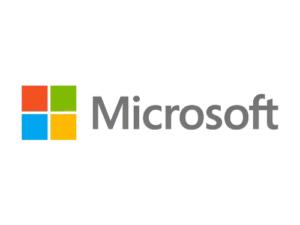

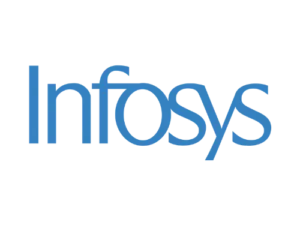
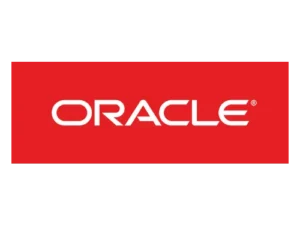


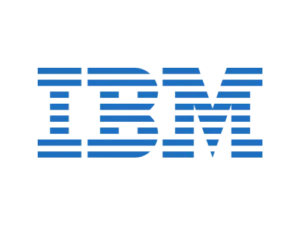




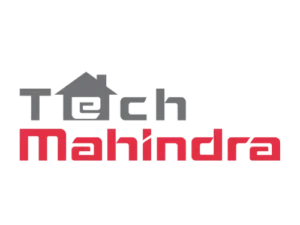
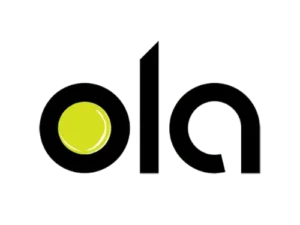

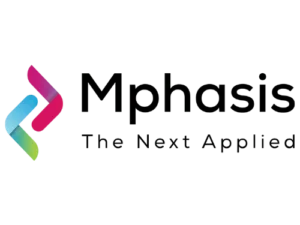

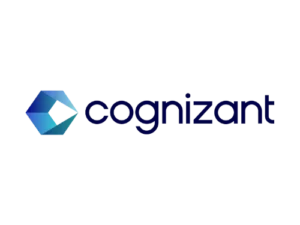
There are no strict prerequisites for enrolling in the API and SQL course. However, having a basic understanding of programming concepts and familiarity with databases can be beneficial.
This course will equip you with the essential skills and knowledge required for API testing and SQL querying, which are integral aspects of software development and testing. Mastering these skills will enhance your employability and enable you to excel in your career as a software developer or tester.
Yes, the course includes hands-on exercises and real-world projects to provide you with practical experience. You will have the opportunity to apply the concepts learned in the course to real-world scenarios, enhancing your skills and confidence.
You will be provided with lot of assignments for practice and there will be exam to test your understanding of all concepts of API & SQL course.
Yes, upon successful completion of the course, you will typically receive a certificate of completion. This certificate serves as proof of your participation and achievement in mastering API testing and SQL querying skills.
The API section of the course may cover a range of programming languages commonly used in API testing, such as Java, Python, or JavaScript. Additionally, you may learn to use API testing tools like Postman or RestAssured.
The course curriculum includes comprehensive coverage of SQL querying and management, covering topics such as database design, data manipulation, querying techniques, and optimization strategies.
The total duration of course will be 30 hours and approximately 30 to 35 days will be taken to complete the API and SQL course.
Yes, many course providers offer post-course support and resources to students, including access to online forums, additional learning materials, and career guidance sessions. This support helps students continue their learning journey and transition into their desired career paths successfully.
